Contents
Quick Facts
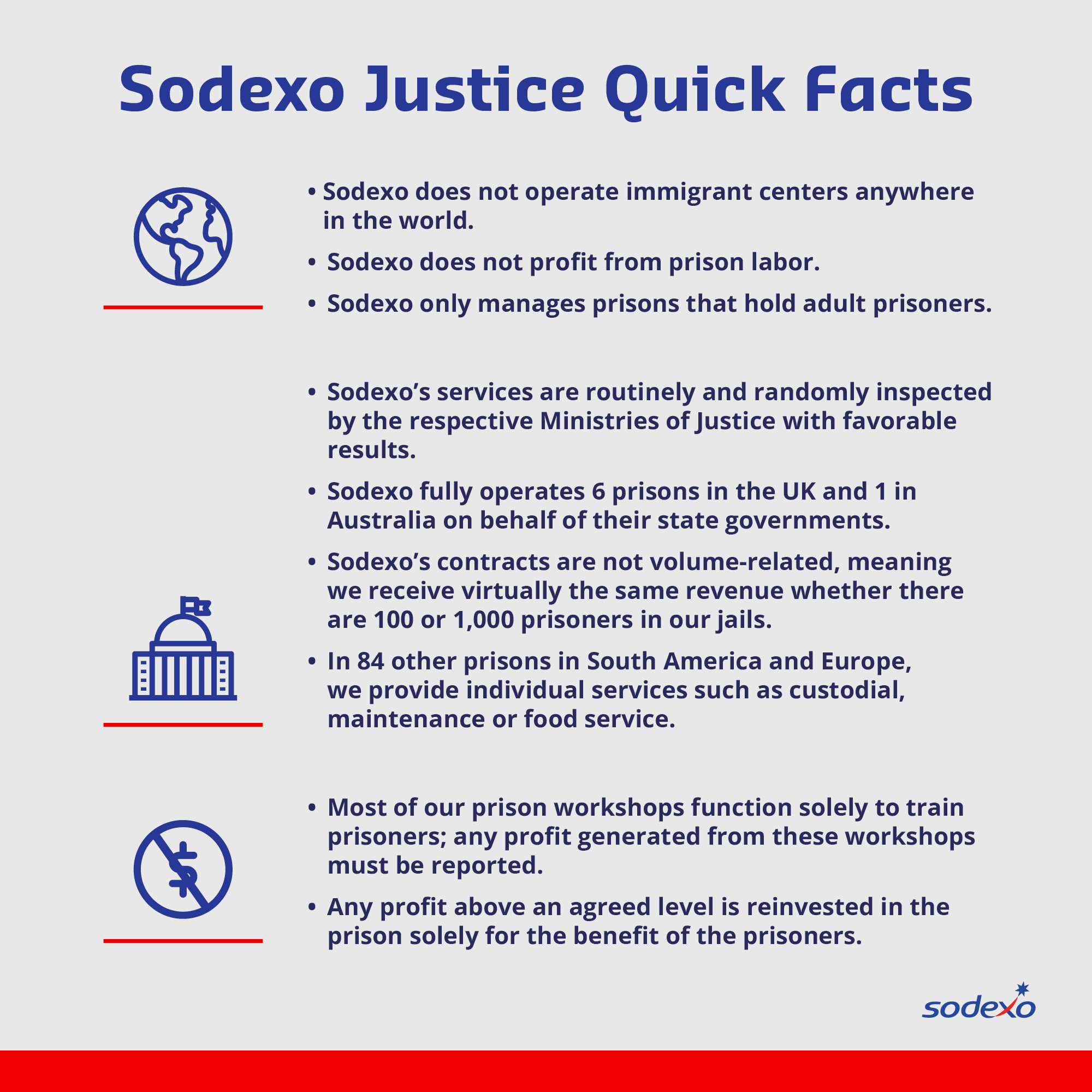
Download: Social Justice Quick Facts Infographic
In alignment with our commitment to Quality of Life, Sodexo only provides justice services to governments that encourage the rehabilitation of prisoners with the goal of reducing reoffending. Some quick facts about Sodexo Justice:
- Sodexo does not provide services within any federal prison, detention center or correctional facility in the United States.
- Sodexo does not operate immigrant or ICE detention centers anywhere in the world.
- Sodexo does not profit from prison labor.
- Sodexo only manages prisons that hold adult (18+) prisoners.
- Sodexo’s services are subject to routine and random inspection by the respective Ministries of Justice and Independent Inspectors.
- Sodexo does not work, manage or contract with any prison in the US or Canada.
Guiding Principles
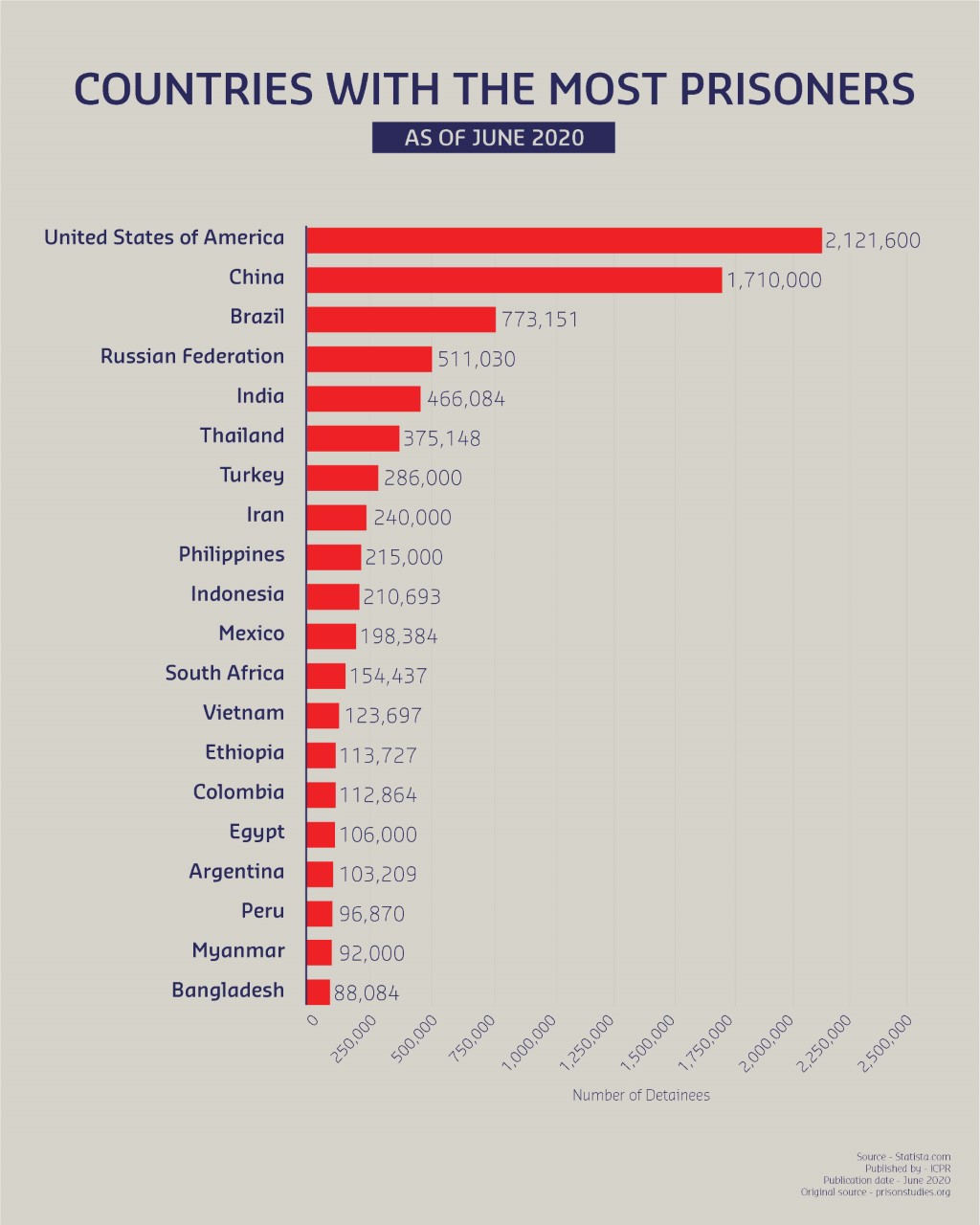
Download: Countries with the Largest Number of Prisons, as of June 2020
Sodexo does not contract with any prison entities, detention centers, or correctional facilities, public or private, in the United States. Sodexo does not operate any prisons or detention centers in any of the countries with the largest number of prisons1. We provide food for staff and prisoners, maintenance and, in some cases, prisoner skills training, education and programs in 84 prisons in mainland Europe and Chile. Sodexo also fully manages five prisons - all in the United Kingdom.
Sodexo has a formal company policy with ethical principles that guide where and how we provide services to prisons. These ethical principles guide Sodexo Justice to ensure we only provide services where we can make a positive difference to prisoners’ lives and where the country’s prison system matches our values. Sodexo’s ethical principles are:
- Sodexo will only work with democratically elected governments where the ultimate goal of imprisonment is prisoner rehabilitation.
- Sodexo will not provide prison services in countries with capital punishment.
- Sodexo will not provide services requiring our employees to carry firearms.
- Sodexo has not and will not lobby for tougher prison sentencing laws.
- Sodexo has never sought to persuade governments to outsource their prison services and has never knowingly supported any organization with such an agenda.
Sodexo deliberately does not provide services to prison systems in the United States – the U.S. privately operated prison system is very different from privately operated prisons in Europe, and we do not wish to profit from prison labor or be involved in a system that incarcerates more than five times as many people per capita as in the U.K.
Sodexo’s prison services in Europe have brought innovation with comparable or better levels of service delivery and care. Our contracts are heavily scrutinized, and all of the prisons we provide services to are performing at an acceptable level or above.
Finally, Sodexo offers workshops and job training for inmates who are incarcerated at many of the facilities we support. These services include:
- Education and life skills
- Technical/professional training and work experience
- Health and wellbeing
- Substance misuse and offending behavior programs
- Sports and recreation
Any surplus generated from these workshops must be reported and anything above a previously agreed upon level must be re-invested in the prison solely for the benefit of prisoners.
Additional Frequently Asked Questions (FAQ)
.png)
Download: How Does Sodexo Serve Prisons?
1. Where does Sodexo Justice operate?
Sodexo Justice fully manages only 7 prisons in the world on behalf of state governments and all 7 are in the U.K.
In 84 other prisons in Europe and Chile, Sodexo only provides food for staff and prisoners, maintenance and, in some cases, prisoner skills training, education and programs.
Providing more services to a prison does not necessarily mean more profit for Sodexo, any funds generated above a set amount are returned to the prison for the benefit of the prisoners. This is part of our ongoing agreements and commitment to rehabilitation and bettering the lives of the people we serve.
Sodexo Justice operates in only 10 countries, supporting 89 prisons.
- Australia – maintenance only (1)
- Belgium – maintenance and food services at two Forensic Psychiatric Centers (2)
- Chile – maintenance, laundry, food services, prisoner education and work (training prisoners – no guarding) (5)
- France – maintenance, food services, laundry, cleaning, workshops (training prisoners – no guarding), gardening and transportation (34)
- Netherlands – food services only (33)
- UK - full prison operation, which may include security (no firearms), prisoner education, and work programs (7)
- Sweden (1) food services only
- Slovenia (1) - food services only
- Italy (6) - food services only
- Germany (1) – food services only
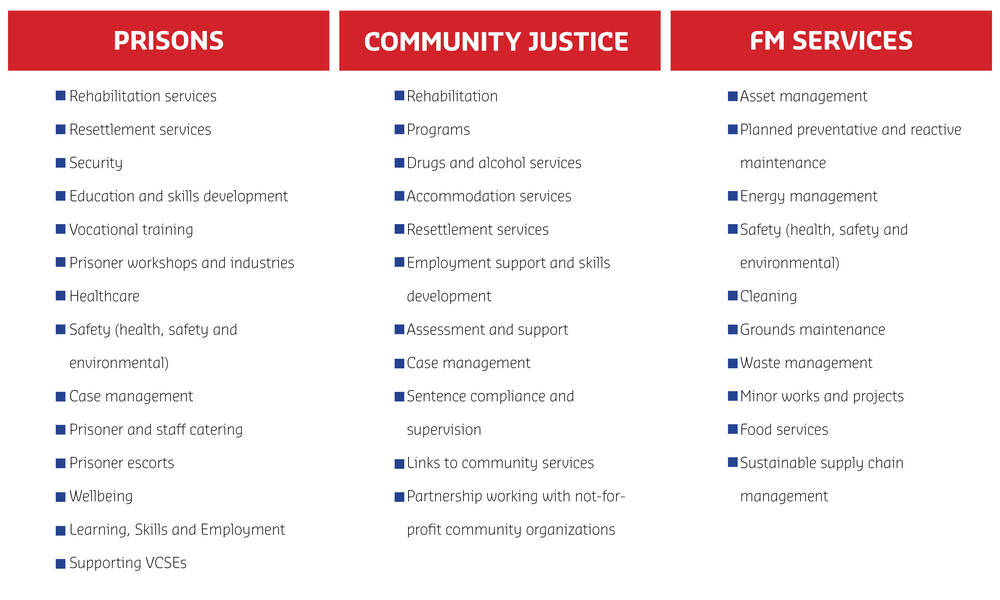
Download: Where Does Sodexo Justice Operate?
2. What is Sodexo doing to keep people from going to prison?
Sodexo does not provide services that prevent people from going to prison in the first place. These services are provided by the state, local community organizations and non-governmental organizations. However, we do provide services to help prevent people from returning to prison (see response to question #4). In addition to our prison services, Sodexo also offers Community Justice and Facilities Management Services.
3. How can we know how Sodexo is treating the inmates?
The performance of our prisons is assessed against a range of indicators (including assaults, drug testing and inmate education qualifications) and reported and monitored by the respective governmental entity each month. Our annual performance against other prisons is published on the Ministry of Justice’s website. The prisons Sodexo operates are subject to routine and random inspections by the Independent Prisons Inspectorate – the findings of the inspection are reported publicly.
In addition, all prisoners complete a regular Measuring the Quality of Prison Life survey, conducted by an independent body, to understand their feelings about elements such as their relationships with staff, perception of safety and whether they are treated fairly.
4. What does Sodexo do for inmates after they are released?
As a multinational company, Sodexo is committed to promoting democratic values such as fundamental human rights and equal opportunity for everyone, irrespective of their origin or beliefs. We believe it is important to help prisoners successfully reintegrate into society once they’ve served their terms. At the five prisons Sodexo fully operates, we provide a variety of job trainings and other services including:
- Education, Training and Work
- Offending Behavior Programs focused on specific offenses, e.g. sexual offense
- Health and Wellbeing
- Substance Misuse
- Sport and Recreation
Upon release from prison, Sodexo concentrates on the elements that have been proven to reduce the chances of an inmate returning to prison, including:
- Accommodation – we work with agencies that specialize in getting people stable accommodation upon release.
- Employment – we provide training and employment while the inmate is in prison and have partnerships with employers to help inmates find jobs upon release.
- Drugs and Alcohol - we provide detoxification and substance misuse programs in prison, and work with drug agencies to refer inmates who continue to have problems with substance misuse.
5. How is Sodexo Justice monitored?
- Representatives from the Ministry of Justice are permanently located within each of our prisons and have free access to all areas of the prison and all inmates.
- Our services are independently inspected by the Prisons Inspectorate.
- Each prison has an Independent Monitoring Board made up of local members of the public – they have full access to the prison and provide an annual report on the prison to the Secretary of State for Justice.
- We monitor our services against a range of indicators, which are validated by the Ministry of Justice’s representative each month and published annually.
- We attend quarterly contract meetings with the Ministry to review the performance of our services.
Sodexo Justice Myths
There are many myths about Sodexo’s involvement in prison systems. Let’s set the record straight.
Myth 1: Sodexo invests in privately operated prisons in the United States and in other countries.
Sodexo does not work in any federal prison, immigrant or ICE detention center, correctional facility or incarceration center in the United States. Similarly, Sodexo does not provide services to any privately operated prison complex anywhere in the world. Sodexo will only work with democratically elected governments where the ultimate goal of imprisonment is prisoner rehabilitation. Sodexo is the only major food services company that does not work in the US prison system.
In 2001 Sodexo determined that its 8% investment in Corrections Corporation of America (CCA) did not align with its strategic objectives and conflicted with internal policy. This, combined with the executive team’s belief that the stock ownership deviated from Sodexo’s core mission and values, led Sodexo to sell all its stock in CCA in May 2001.
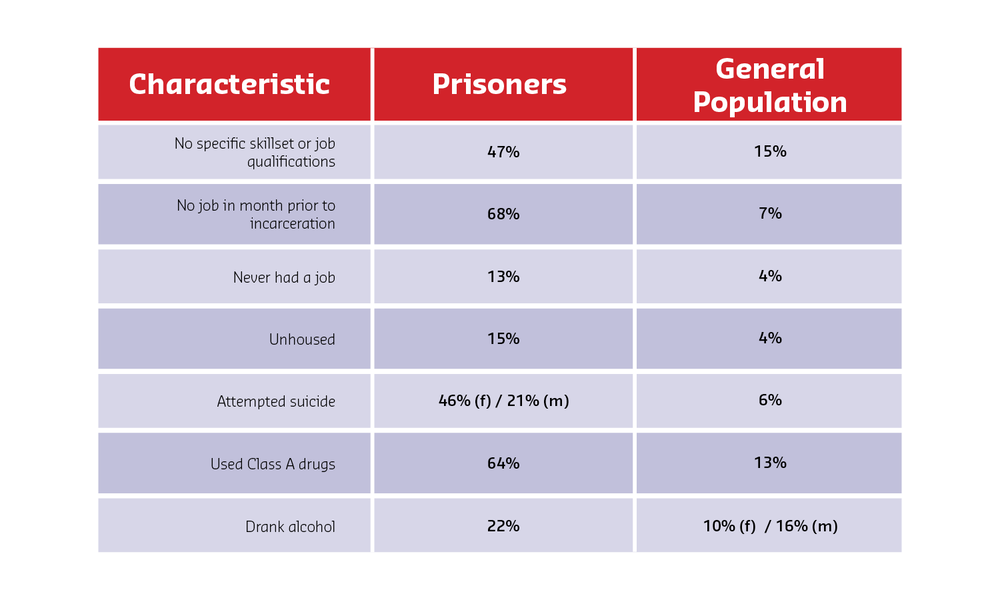
Download: Sodexo cares for some of society's
More than half of the prisoners in prisons managed by Sodexo used class A drugs, 22% drank alcohol and 46% attempted suicide prior to arrest. Moreover, nearly 50% of the inmates Sodexo cares for have no specific skillset or job qualifications and 68% did not have a job in the month prior to their incarcerations.
Sodexo works with prisoners through specific trainings and programs to reduce their chances of returning to prison and increase their chances of acclimating to society upon release.
Myth 2: The prisons Sodexo manages in the UK are worse than public sector prisons.
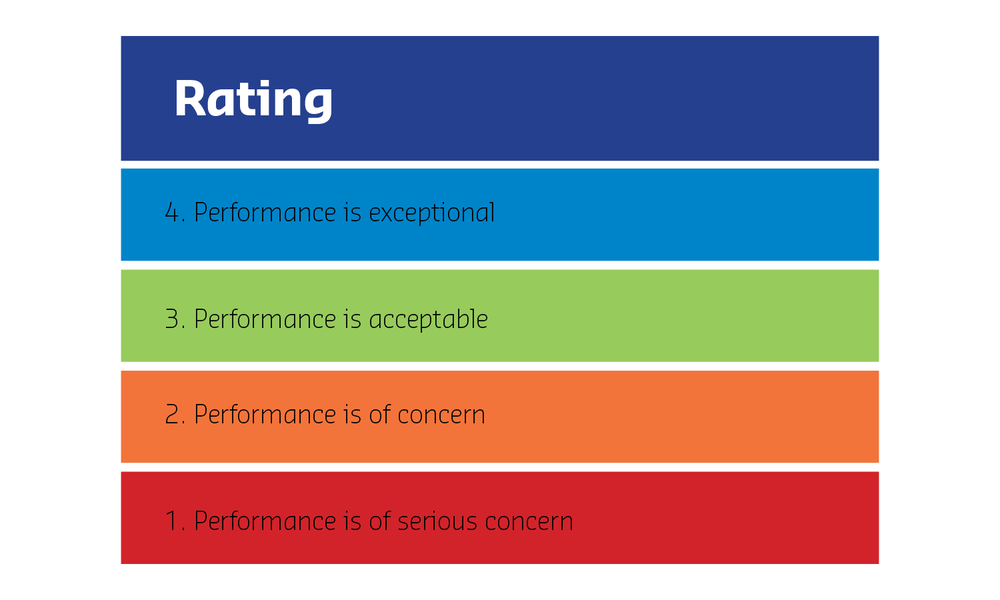
Download: Rating Scale
Incorrect – only 63% of public sector prisons are rated as ‘acceptable’ or ‘exceptional’ by the Ministry of Justice whereas 100% of the prisons Sodexo operates in the UK are rated at or above ‘acceptable’. These ratings are assigned by the government using 26 performance measures split into six domains:
- Safety
- Security
- Respect
- Rehabilitation and Release Planning
- Purposeful Activity
- Organizational Effectiveness
Moreover, Britain holds a larger proportion of inmates in for-profit prisons than most countries, with 13 total privately operated prisons, and Sodexo fully operates five. Sodexo-run prisons are among the highest rated prisons in the UK system and consistently receive higher ratings than most public prisons. All the five prisons receiving a 1 (the lowest performance rating) in the 2018/2019 annual prison performance review were state run.2
Myth 3: The Prison Officers Sodexo employs are poorly trained or monitored.
Sodexo only employs prison custody officers, or ‘guards’, at five prisons in the United Kingdom only. Elsewhere Sodexo only provides support services such as food and maintenance. All the Prison Custody Officers employed by Sodexo are subject to a national police criminal history check and security clearance as well as psychometric testing. Our guards also undergo a lengthy training program and six-month probationary review period to ensure they can demonstrate the skills and integrity required to work in the justice system.
Myth 4: The prisons Sodexo manages are not monitored.
Sodexo only provides services to prisons outside of the U.S. and is, in fact, subject to more monitoring and reporting than other public sector prisons. A team of Controllers, employed by the Government, is located full-time within the prison to ensure that Sodexo is meeting the requirements of the prison regulations, law, and contract. The Controller team have keys and have access to any area of the prison at any time.
Sodexo also reports our performance monthly and can be fined or have our contract terminated if we do not perform at a certain level.
Moreover, the Independent Monitoring Board (IMB) is appointed by the Government for each of our prisons. The IMB is made up of ordinary members of the public, who have full access to the prison at any time and produce an annual report to the Justice Minister on conditions at the prison. The IMB report for each prison is publicly available on the government website.
Each of the prisons Sodexo manages is also subject, on a regular basis, to an independent inspection by Her Majesty’s Inspectorate of Prisons. The inspection is random and takes place over five days and results in a publicly available report; Sodexo must respond to any recommendations made by the report.
Myth 5: Sodexo is a part of the Industrial Prison Complex and makes money from prison labor.
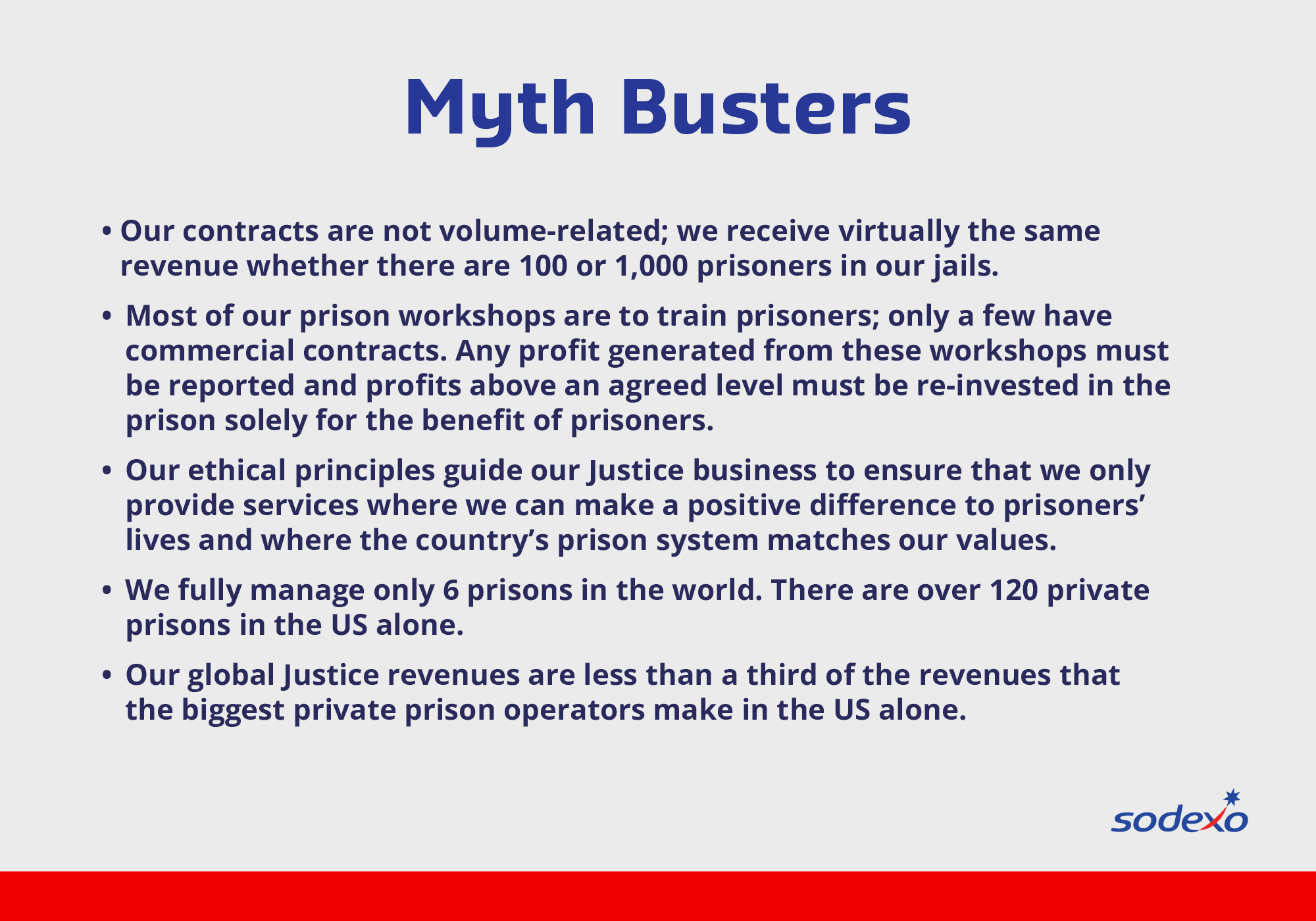
Download: Mythbusters
Sodexo does not profit from prison labor and does not work in prisons, incarceration centers, immigrant or ICE detention centers or correctional facilities that do not meet our guiding ethical principles. In fact, our global Justice revenues are less than a third of the revenues that the biggest privately operated prison operators make in the U.S. alone.
Like any business, we do expect a level of profit from the services that we provide but our profit does not come from prison labor. Moreover, our contracts are not volume related so our profit is not dependent on the incarcerated.
Surplus from workshops – such as education and professional training – must be reported and, if above the agreed upon payment, must be reinvested in the prison.
Sodexo Justice Case Studies
Sodexo keeps record of specific situations that showcase our justice work and invite you to explore some of the specific case studies.
- Sodexo and Prisons: How Skills Learning in Prisons Help Reduce Reoffending
- Sodexo and Prisons: How One Prisoner Gained Invaluable Skills at Bronzefield
- Sodexo and Prisons: Our Commitment to Help Reduce Re-Offending
2 Nottingham, Exeter, Birmingham, Bedford, and Bristol were the five lowest ranked prisons in 2018/2019 with ratings of 1 (Exeter had a 2.) Birmingham prison was only taken over by the state in August 2018 - before that it was privately operated by G4S from 2011. The government takeover was originally planned to be temporary pending improvement but became permanent in April 2019.
